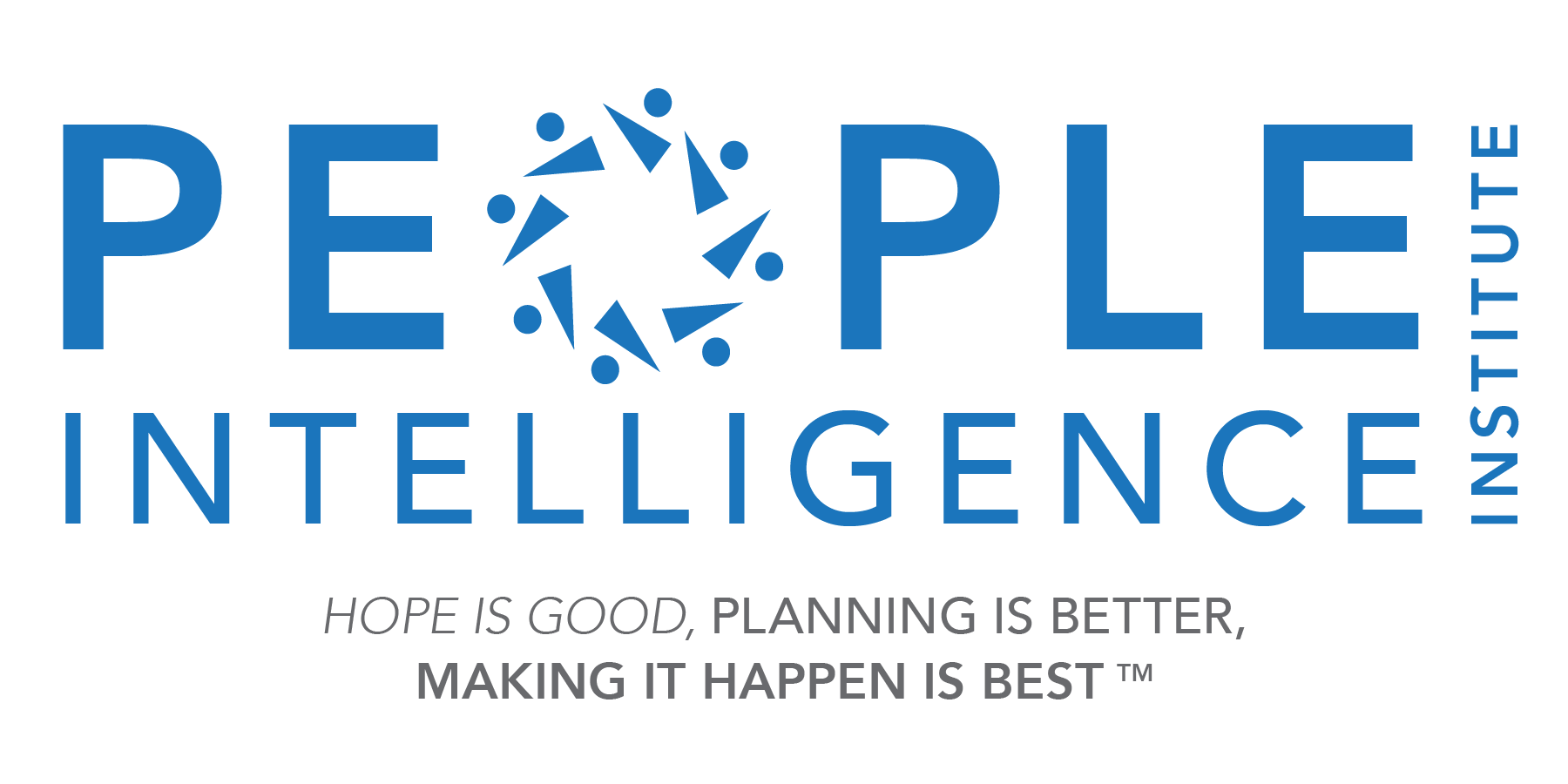"This course has helped train my eye and my mind to see more emotions in others, and as a result, have more successful interactions with others when they are emotional. I am more likely to notice things earlier, before escalation, when the potential to make better choices is stronger."
Read More
What is success? In the NY Times bestseller, Succeed on Your Own Terms the authors interviewed several top achievers around the world in hopes to find a definition of success. One of the things that they realized is that there isn’t a single universal definition of success but rather each person has his or her own personal definition. Here are a few examples:
“It’s all about setting a goal and totally connecting yourself to achieving it.”
“Success is focusing on what you have rather than what you don’t have.”
“If you lose, that doesn’t mean you’re not successful. It’s a loss only if you don’t learn something from it.”
“Success has less to do with what you have than knowing who you are.”
A common theme running through these personal and individual thoughts about success is that the measurement of success is largely dependent on our own evaluation of ourselves, knowing what our weaknesses are but most importantly tapping into our strengths.
On the other hand, success is rarely reached on our own so another part of the success equation is the ability to manage relationships, read others, inspire people, make decisions, command respect, communicate effectively, manage and lead others. It is no small feat. But what drives the intrapersonal and the interpersonal qualities that can lead to success? Study after study points to emotional competencies and the ability to both manage ones own emotions and the emotions of others.
In many ways, emotions govern our behavior. A productive workplace is one in which employees and managers are not only aware of their own emotions but also recognize and navigate the ebb and flow of emotions of others.
As adults we have more at stake in our personal interactions and the degree to which we are in control of our emotions. Most people don't burst into tears or throw temper tantrums at staff meetings, but in less obvious ways, the lack of emotional management effects negative business practices. Actions based on lack of trust, dishonesty, impatience, pressure make an impact on those around us. Self-awareness is often an undervalued quality. What are our triggers? How do we manage ourselves under pressure, in the presence of difficult people? Is what I am showing in my facial expressions and body language the message that I want to send?
Success is also fragile, easily broken by a single bad event or misjudgment of another's viewpoint. Progress can be girded by enhancing your ability to empathize, interrelate, converse, bargain honestly or simply by understanding the human condition. Once understood it can be cultivated to where your emotional skills are no longer a lesson to be mastered but an immutable trait of your leadership. This can only be accomplished from a position of confidence, but that type of self-assuredness is self-cultured, drawn from a greater understanding of the triggers, manifestations and consequences of poor control over one's emotional inventory.
It's not just about knowing yourself but recognizing fixable human concerns. In 1997, BondUniversity professor of management Cynthia Fisher conducted a study called 'Emotions at Work: What Do People Feel, and How Should We Measure It?'
According to Fisher's research, the most common negative emotions experienced in the workplace are:
- Frustration/irritation
- Worry/nervousness
- Anger/aggravation
- Dislike
- Disappointment/unhappiness
The internet is awash with training imperatives and exhortations to build better relationships as critical to achieving goals, but they are typically oriented toward relationships with clients and customers. Now consider that internal relationships are equally important for a healthy and effective work environment. Business practices are formed over time but personal relationships are often formed in the moment and need careful care and nurturing to grow into sustainable and constructive relationships. If those critical moments aren't conducted appropriately they could permanently alter future dealings. Learning to take stock of and govern your emotions increases your overall ability to manage your proximate world and more importantly, the people who occupy it.
A good manager knows full well the importance of inventory control with regards to products, production, parts and tools. For example, what restaurant or hotel could operate at any level of profitability without a strict inventory system?
Your emotions can be inventoried and managed in much the same way; learning how much to impart, when to be reserved, when to let go and for mental health, when to relax, release and recharge.
The benefits of improving internal relationships:
- engaged employees
- willingness to share ideas, esprit de corps
- supportive supervision
- less stress from animosity, jealousy, conflict
- cleared communication lines, clarity, understanding
- reduced need for negative employee assessments
For those in a position to lead, to direct change or to coordinate teams, the inventory and management of emotions is no different from any other aptitude. Though it's not a hard skill like typing, it is perhaps the most critical. Without it your relationships will be tenuous, your ability to engage others will be hampered, your trustworthiness will always be in doubt and your road to success may be hindered.
Why? To better understand ourselves so we can understand others.
Toward what end? To increase our ability to recognize that which may trigger deconstructive emotions so we can work to mitigate their impact and focus on the constructive.
When? Now - to maximize your road to success by whatever definition you may subscribe to.
Image courtesy of Stuart Miles at FreeDigitalPhotos.net


